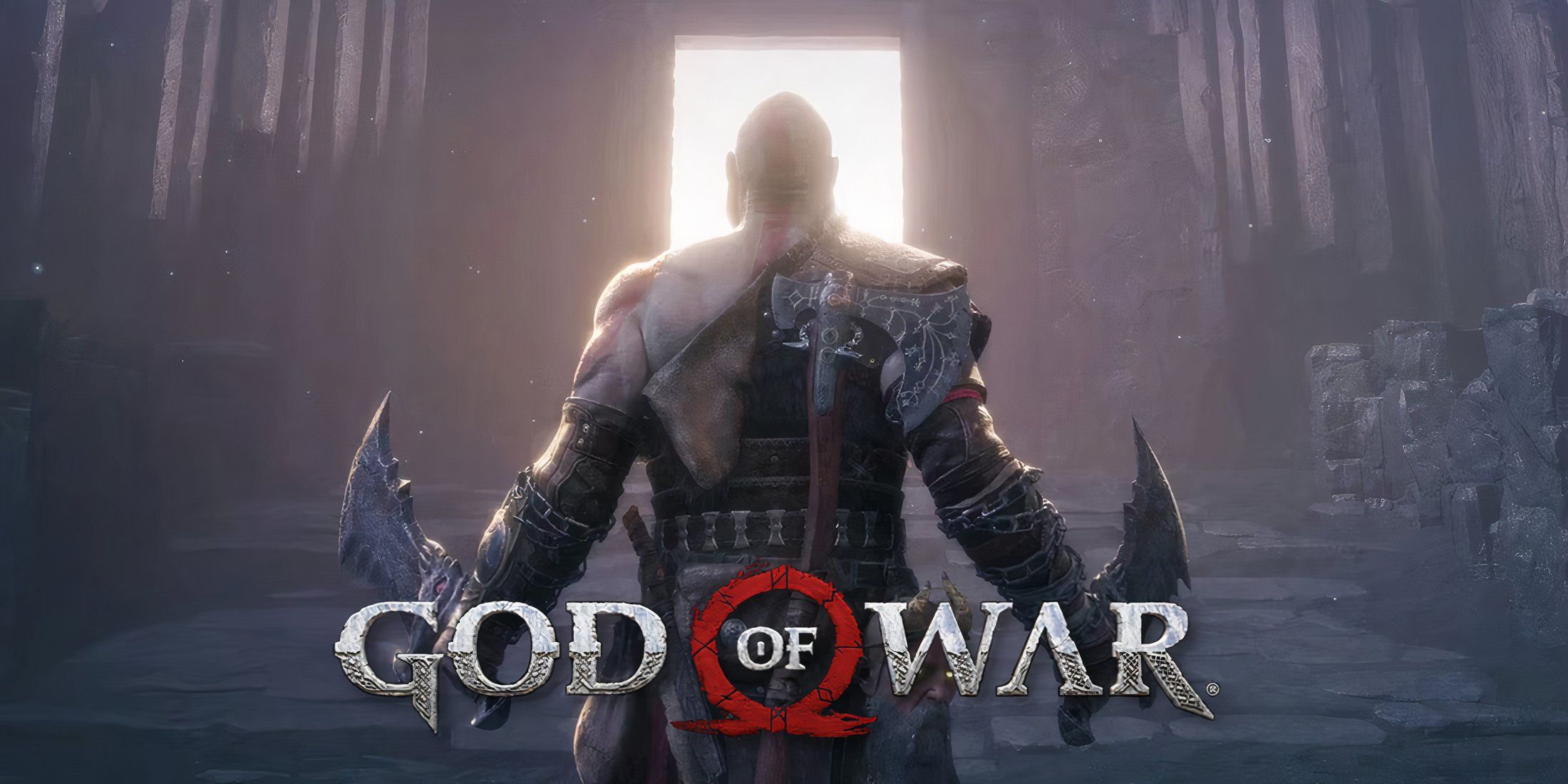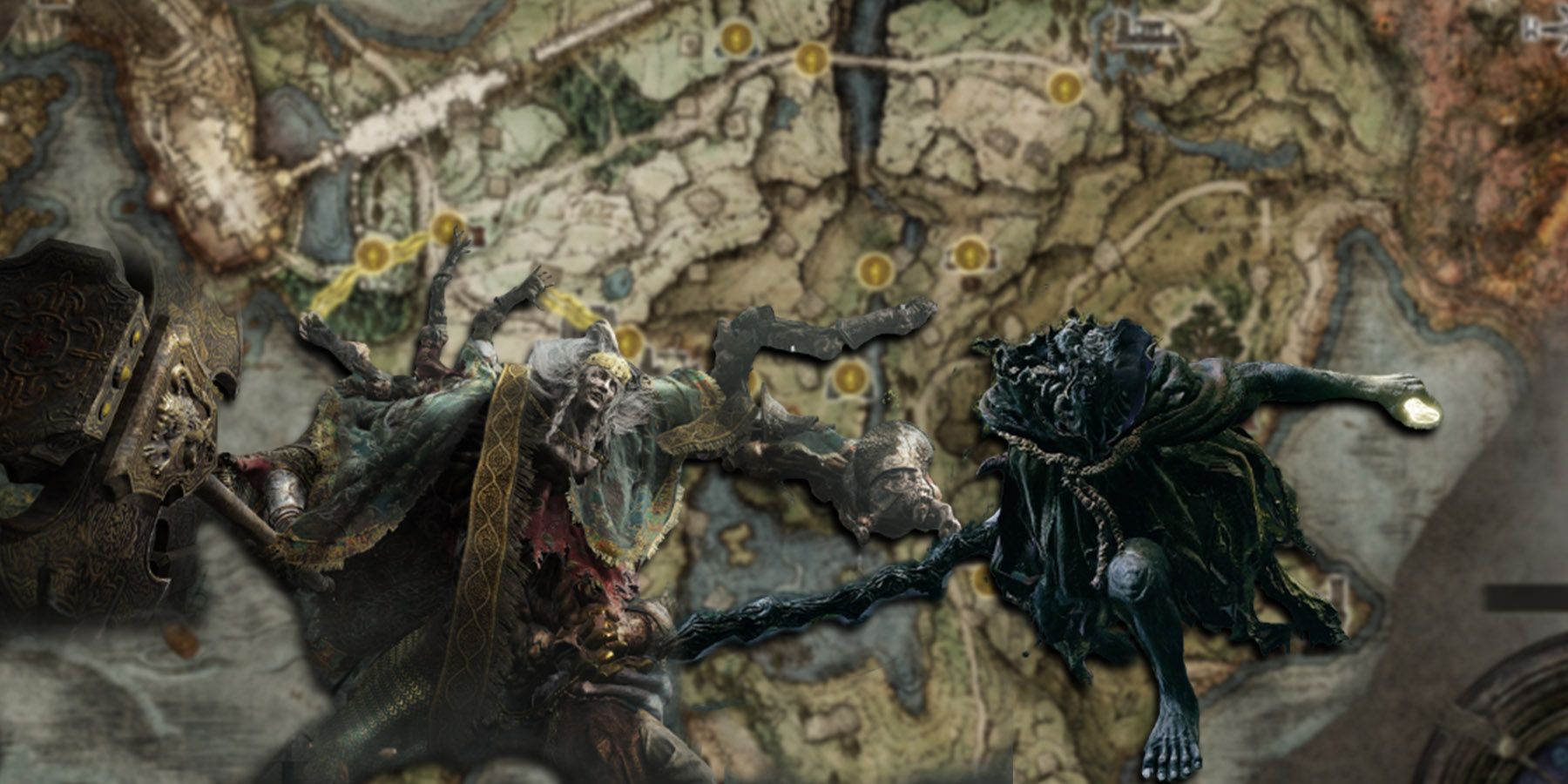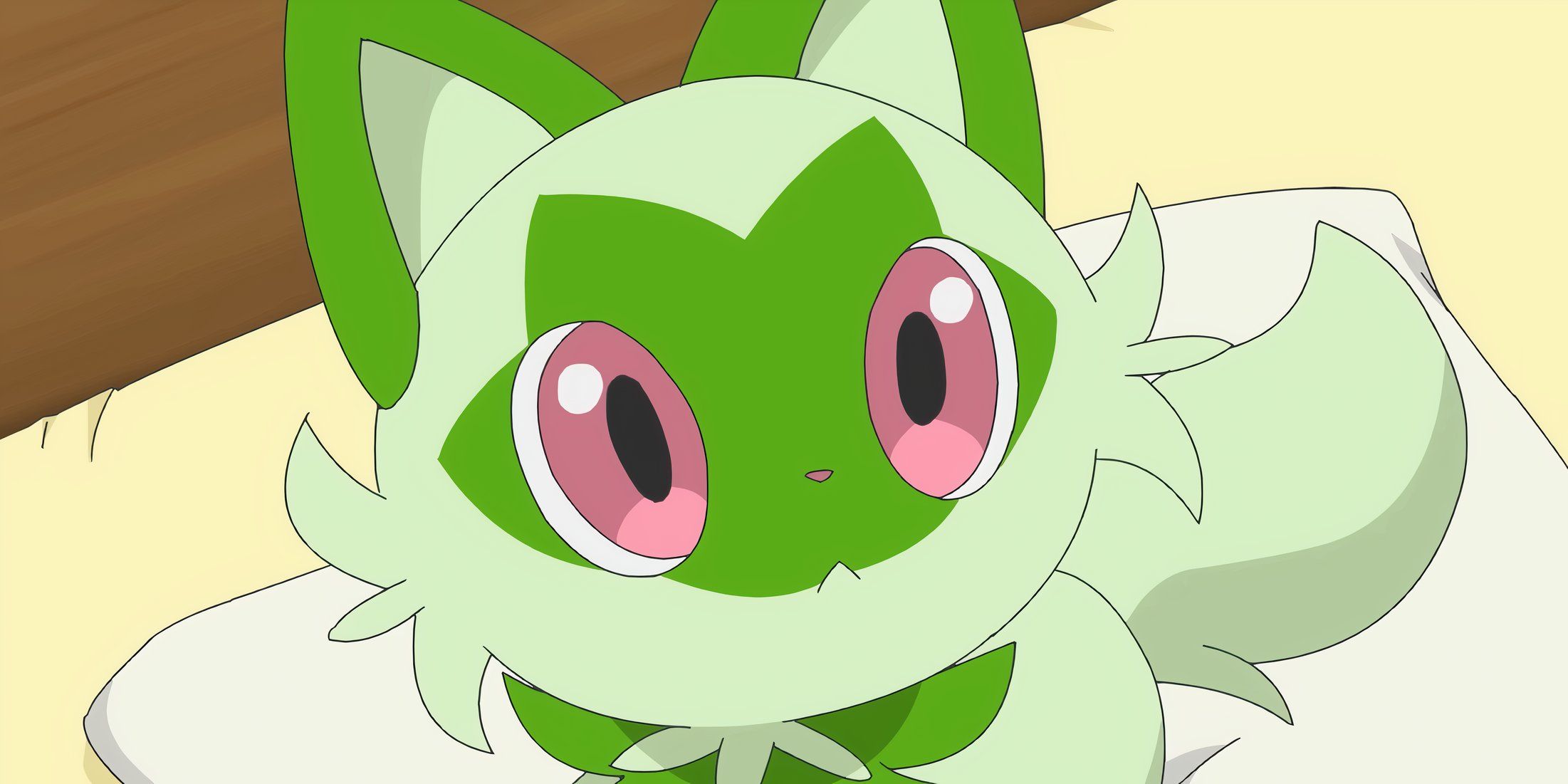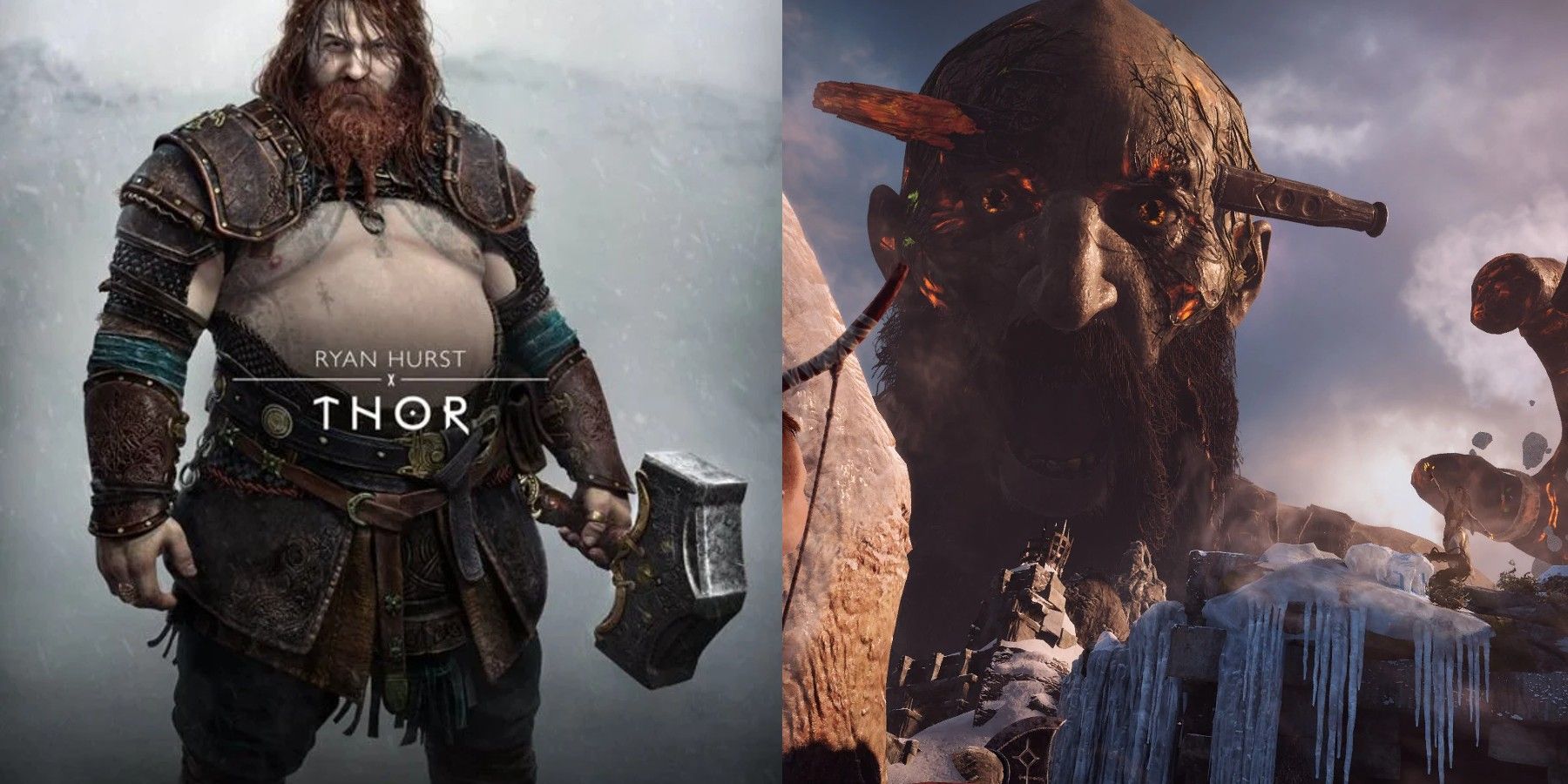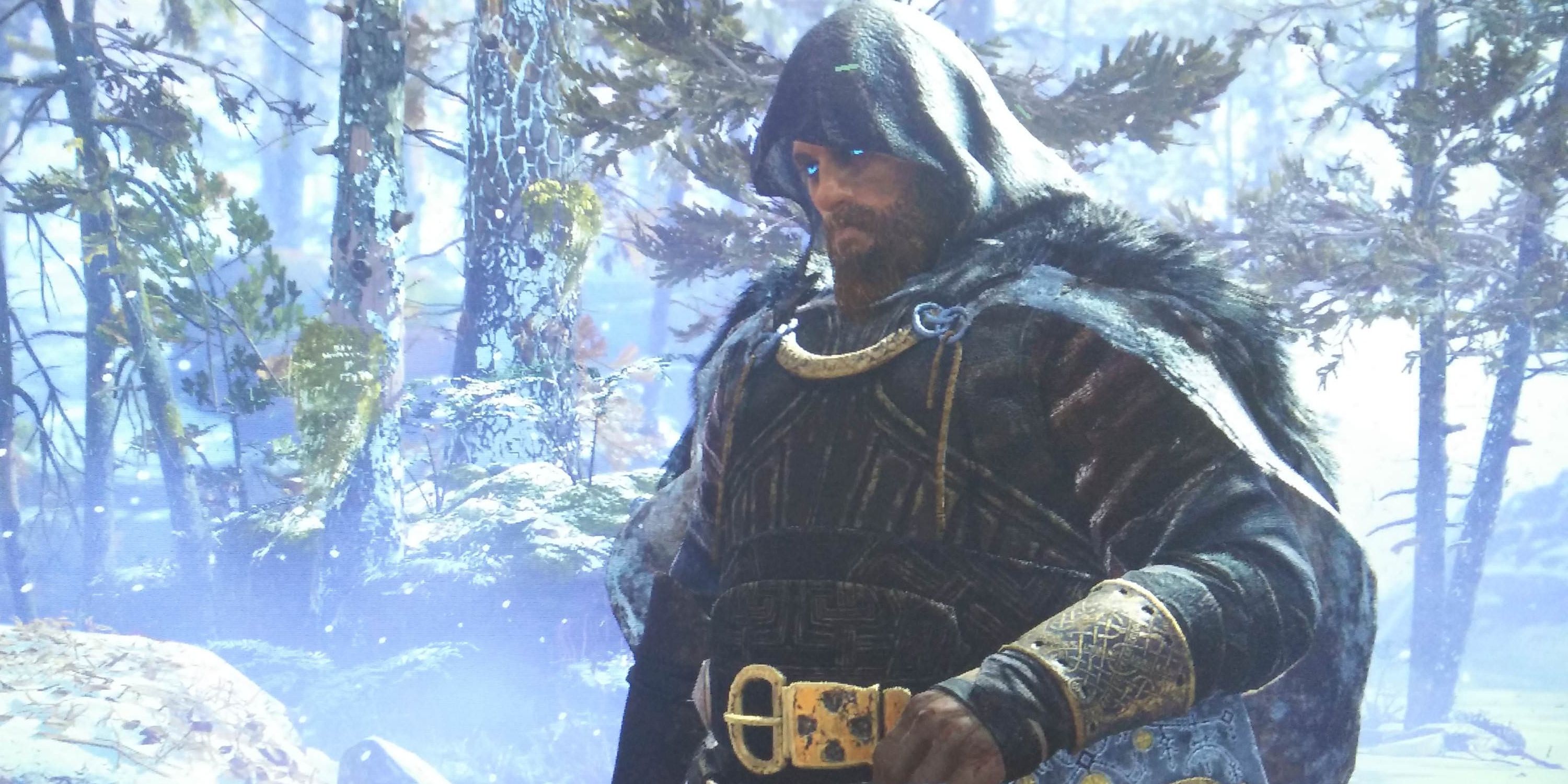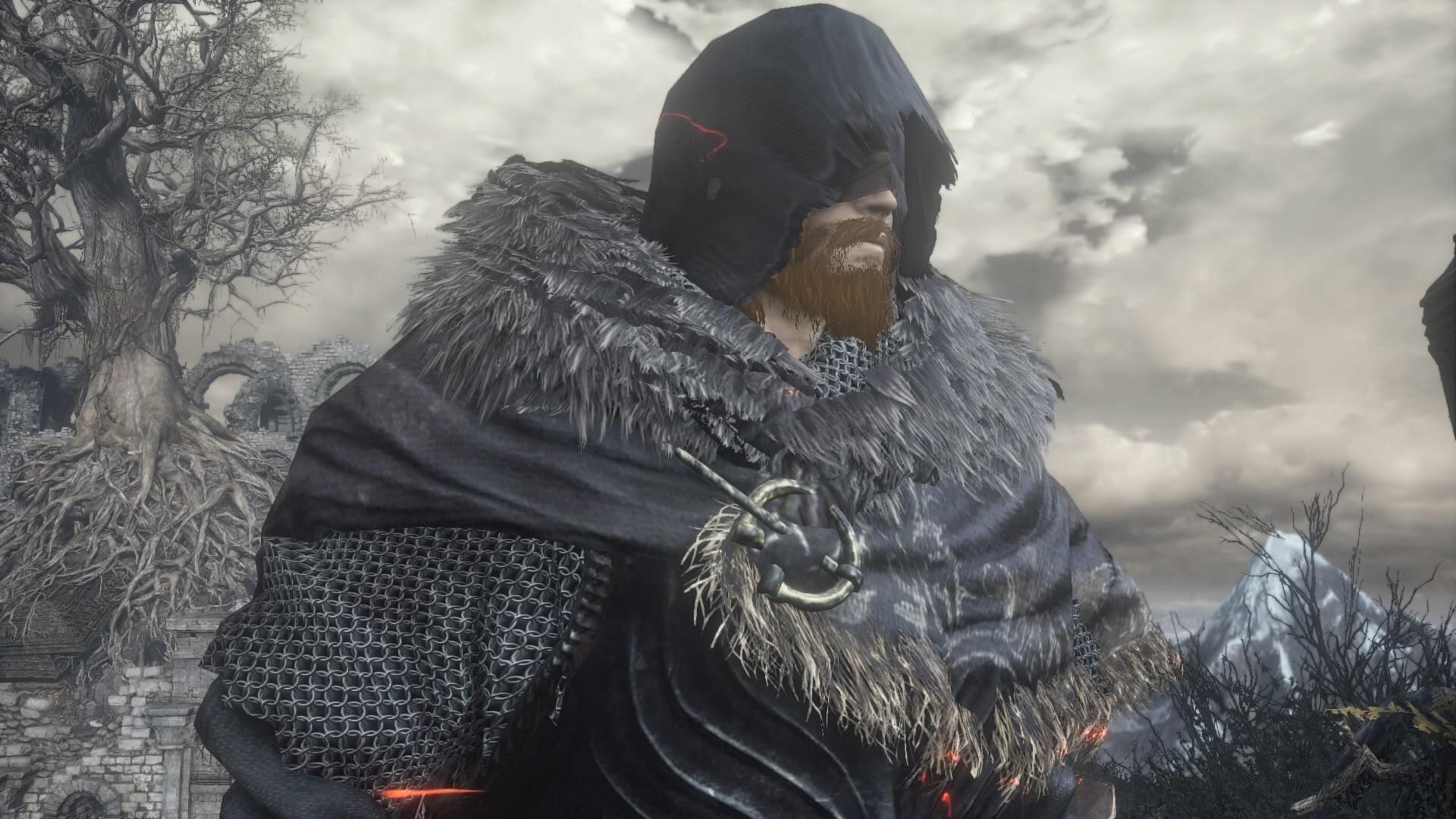In both Norse Mythology and in God of War, Thor was the son of Odin, Asgard's king, and Fjörgyn, a giant. He's Meili's brother, as well as Tyr, Hodr, Bragi, and Baldur's half-brother. He is addressed as a robust god who is feared in all the Nine Realms.
Though Thor doesn't appear in God of War's main campaign, he is repeatedly mentioned as the most powerful Norse God, and as a monster who slaughtered every giant he encountered in Midgard to satisfy his desire for violence. This tells fans plenty about his temperament and how he carried himself compared to others.
Thor's Hate for Giants
Thor did not hate giants initially; his hate for them began when Odin invited the stone giant Hrungnir to Asgard. Odin commissioned Hrungnir to create all kinds of antics for the court's amusement when he had gotten drunk. This is something that Thor did not accept at all, and once he arrived within the hall, he did not care about the giant's threats and proceeded to slam Mjolnir and then Hrungnir. He was so stunned that he didn't notice Hrungnir's body falling on him. Thor's sons, Magni and Modi, would come to their father's aid and managed to raise Hrungnir's body off him, with nobody trying to help except Mimir. Magni would receive all of Thor's praise for being blonder, whereas Modi grew bitter and acrimonious of his brother for not receiving credit for his involvement.
After this inconvenience, Odin adopted the purpose of stealing the giants' secret future knowledge, but he was forced to escape Jotunheim once the giants discovered him. As a result, he furiously ordered Thor to slaughter each giant in Midgard. Thor had killed most of the giants in Midgard by the time Laufey died and had earned an alarming name as the most powerful Norse God of all the Nine Realms, so he was undoubtedly the man for the job.
One of the giants he still hadn't the chance to kill was the enormous Thamur, who traveled to Midgard searching for his son, Hrimthur. Thor appeared and killed the mason by forcing him to fall on his own chisel, and Thamur's huge body crushed the fishing village. Thor would act as if he had planned to cause this enormous fall on the town that caused its destruction despite Mimir's claim that it had merely been a matter of luck.
Following the murder, Odin created a wager with Hrimthur, who had disguised himself as a mortal, to enhance Asgard's walls. However, once Odin discovered Stonemason's true nature as a Jötunn, he lost the bet and sent Thor to kill Hrimthur. Unbeknownst to Odin, Hrimthur had inserted a flaw within the walls and revealed this deception to Freya in preparation for Ragnarok, when Surtr would arrive to burn the place to ash.
Thor's rage and hate were still not satisfied, but as a result of his actions, Thrym stole Mjolnir and ran away to Jotunheim. Thor then snuck into Jotunheim with Freya to attend her and Thrym's wedding feast. Once the king disclosed Mjölnir throughout the ceremony, Thor revealed himself and slaughtered each giant present. However, Freya cast a spell to bring Thor and herself to Asgard, which caused him to look down on her.
Thor's References In-Game
During Kratos and Atreus' adventures, Thor is said to have fought the World Serpent throughout his massacre of the giants years before. However, rather than triumphing, the fight ended in a draw since the World Serpent is just as powerful as the Thunder God. As a result, Thor had to come to his father Odin empty-handed.
As Kratos and Atreus' journey proceeds, they encounter the spirit of a former Thor follower who seeks retribution from the God for wronging his family. Once the spirit's father died, his mother erected a sculpture of Thor to protect his grave, and they were stunned when the God himself came to supply condolences. Though they were delighted at first, Thor took advantage of the family's hospitality. In their boat, Kratos uses the man's story to teach his son a fundamental lesson: men's lives are meaningless to the Gods, recalling Kratos' own experience of being betrayed by the Olympian Gods on various occasions.
After Thor returned to Midgard, he was infuriated when he learned of the death of his son, Magni. Modi fled to Thor, only for his father to angrily and savagely beat Modi for his cowardice, blaming him for Magni's death and accusing Modi of abandoning his brother.
Although he is constantly referred to in the game, Thor is only seen in the game's final chapter. After the game's events, Kratos and Atreus slept and dreamed about future events. Thor appeared and conjured up an enormous storm outside their home, prompting Kratos and Atreus to investigate. The dream concludes, and Atreus relays it to his father after he awakens, theorizing Thor will come to punish them for the death of his sons and half-brother.
God of War is now available for PC and PS4.

